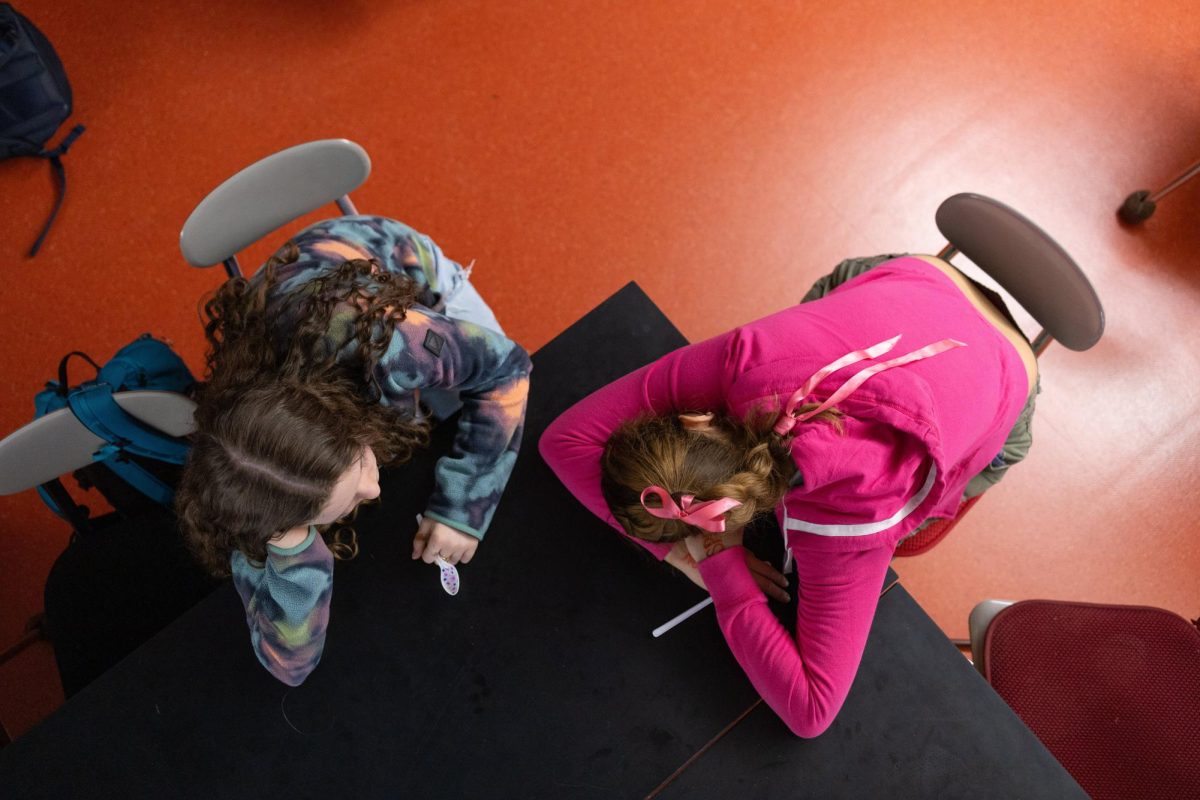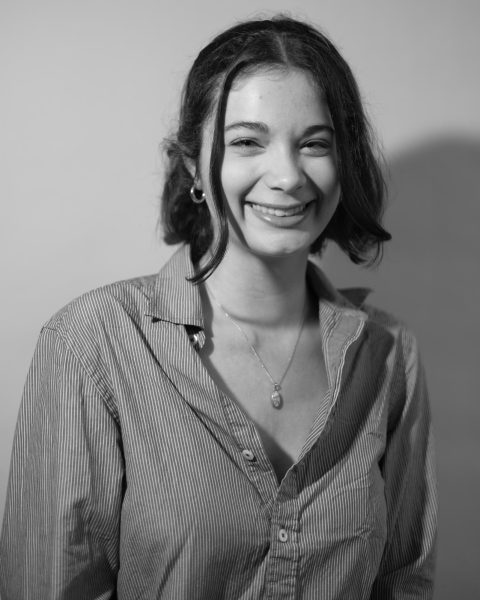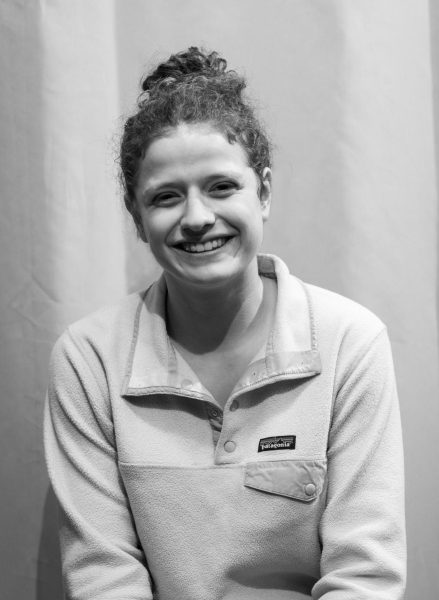Detention is back at CRLS in the form of Student Accountability Sessions (SAS). In an attempt to discourage disorderly conduct, deans have been assigning students to sessions since February 8. Other than an email to teachers, there was no general announcement to the CRLS community that accountability sessions were returning.
The result, students say, is that they received consequences they weren’t aware of. “I learned about SAS … when I got an email I had to go to one,” one sophomore told the Register Forum. A survey conducted by the Register Forum found that over 89% of 55 CRLS students believe that a school-wide announcement about accountability sessions is in fact necessary.
According to the administration, here’s how to get a SAS: (1) skip class, vape in the bathroom, show up tardy, etc. (2) chat with your dean about whether you have a valid excuse (no, Angelos does not count), (3) get assigned a date by your dean.
The Register Forum tested this method by skipping several Falcon blocks unexcused. The response reads as follows: “unresolved absences that are deemed ‘class cuts’ will result in an after-school Accountability Session assignment. Therefore, you must resolve this matter upon receipt of notification. Do not ignore this message.” The Register Forum ignored this message, and received no tangible consequences.
Principal Damon Smith, who has solely been supervising accountability sessions thus far, explained his goal to the Register Forum, “As a school, we need to have multiple responses for student behavior in a way that we can redirect and support students… letting them know what [the] expectations are in our school community.”
Administrators also highlighted the fact that detention as a form of reprimand has existed in the student handbook for decades—even for the three years it wasn’t offered.
Many students have expressed frustration and confusion around the launch of SAS. “I’ve heard absolutely nothing about them,” Alex Hurel ’27 told the Register Forum. “It doesn’t feel fair.” Others agreed. “It felt weird and secretive that the students weren’t told. The actual details of the sessions are still unclear to me,” said Dora Stodolsky ’25.
Sujata Wycoff, communications director for Superintendent Greer, ex- plained it wasn’t CRLS’ or the district’s responsibility to publicize the change; instead, she told the Register Forum, “this is an opportunity for us to lean on the media to share a message, instead of focusing on why it wasn’t communicated.”
Assistant Superintendent Nicole Gittens agreed students should be responsible for spreading information about the change. “I think that word of mouth is often the best way to communicate. And that certainly has happened,” she told the Register Forum. This is only somewhat true: over 40% of students surveyed by the Register Forum did not know that SAS had returned.
On the other hand, Principal Smith has said that he doesn’t think the whole student body has to know about SAS. “This is not a program that is or should be impacting everybody.”
One student, who chose to remain anonymous, explained to the Register Forum that this is precisely the problem. “It’s like they want to reprimand the same 40 kids. They’re weaponizing fear as a way to make these students change,” they said. “But that’s not enough reason to withhold information.”
This article also appears in our March 2024 print edition.
















